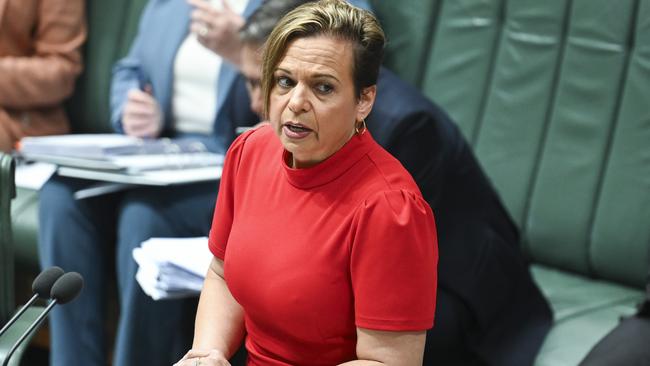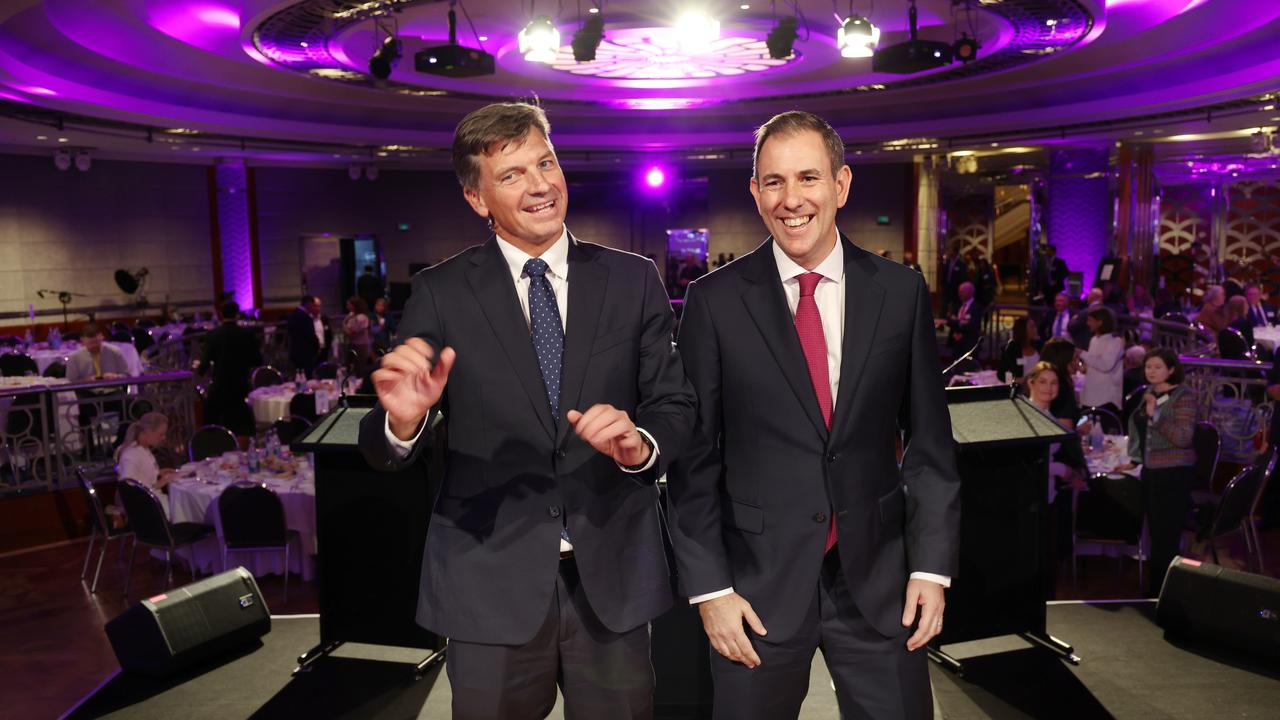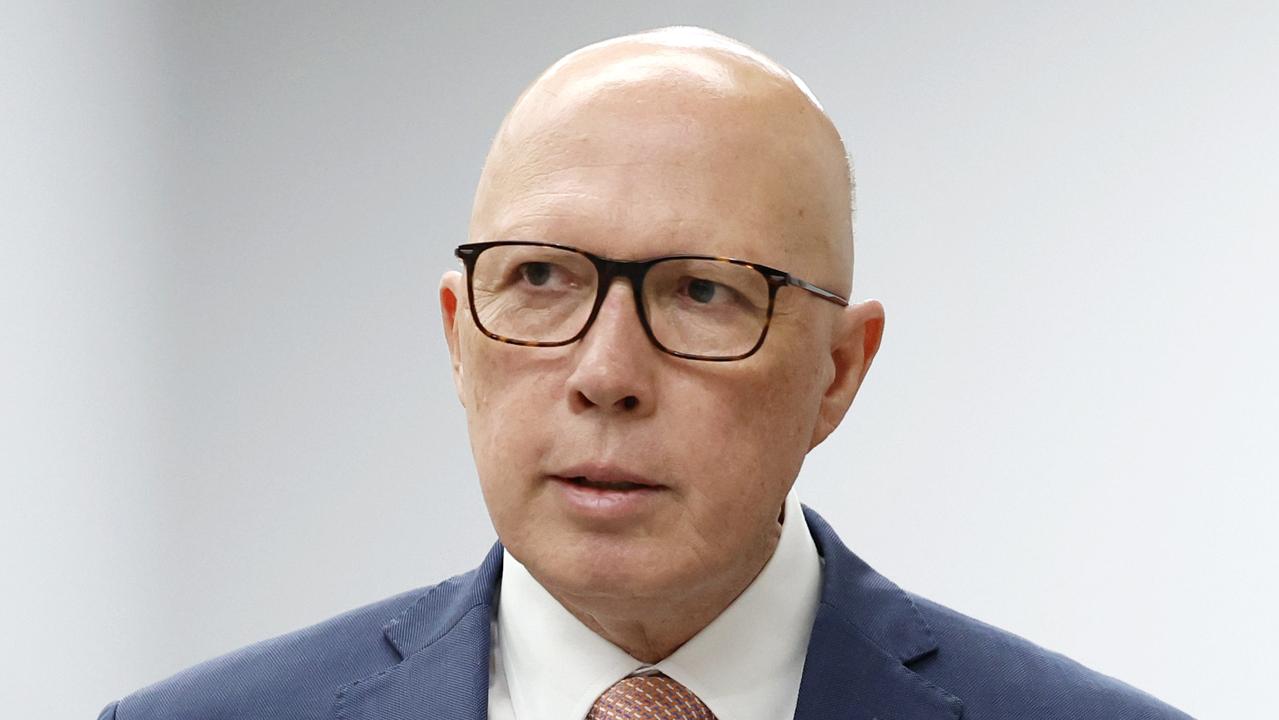Labor releases second take on misinformation bill
The Communications Minister will release revised laws to combat online misinformation, after the government’s first attempt was slammed for hampering free speech.

Communications Minister Michelle Rowland will release revised laws to combat online misinformation, after the government’s first attempt to draft legislation drew significant criticism that it would hinder free speech.
The updated bill, due to be introduced to parliament on Thursday, will include updated definitions of misinformation and disinformation, and provisions to ensure content produced by governments is captured by the legislation.
The legislation – which will grant the Australian Communications and Media Authority heightened powers to fine social media giants for hosting false information and content deemed “harmful” – will also include new exemptions for religious content. News outlets and educational institutions will retain their exemption under the latest draft of the proposed laws.
Following repeated criticism from legal experts that the definitions of key terms were too broad, the meaning of misinformation and disinformation will be updated to specify that content must be “verifiably false, misleading or deceptive” to qualify under the bill.
It will also streamline the definition of entertainment, parody and satire from the first draft of the bill.
Ms Rowland said the government was committed to “keeping Australians safe online” and the bill would give ACMA the power to hold digital platforms to account.
“Following public consultation on the draft bill last year, revisions have been made that carefully balance the public interest in combating seriously harmful misinformation and disinformation with the freedom of expression that is so fundamental to democracy,” she said.
“These revisions reflect that feedback and I look forward to seeing the bill become law as we combat the threat of misinformation and disinformation.”
In a bid to combat concerns from the Coalition, lawyers and social media companies regarding the bill’s impact on free speech, tech giants will also be required to publicise records of the content deemed to constitute misinformation.
Government sources stressed that the communications watchdog would not be responsible for taking down content directly, and the requirement for content to cause “serious harm” in order to qualify under the bill, posed a high threshold for online content.
A provision stating that content which causes harm to the environment should be captured under the bill has been removed.
“Misinformation and disinformation pose a serious threat to the safety and wellbeing of Australians, as well as to our democracy, society and economy,” Ms Rowland said.
“Doing nothing and allowing this problem to fester is not an option.”
Opposition communication spokesman David Coleman said the government’s first attempt at the bill had provoked significant concern from across the board, and described the original as one of the “most appalling pieces of legislation” ever proposed.
“What we can say is that the last misinformation bill was grotesque,” he told the ABC.
“It was one of the most appalling pieces of legislation ever put forward by an Australian government, and that’s why everyone, civil liberties councils, the Human Rights Commission, to religious bodies, to media companies, just about everyone, to (legal expert) Professor Anne Twomey, who said it was a fiasco.
“It was just a shocking piece of legislation. Let’s see what they come out with. But if it’s anything like the last one, then it will have a lot of problems.”







To join the conversation, please log in. Don't have an account? Register
Join the conversation, you are commenting as Logout